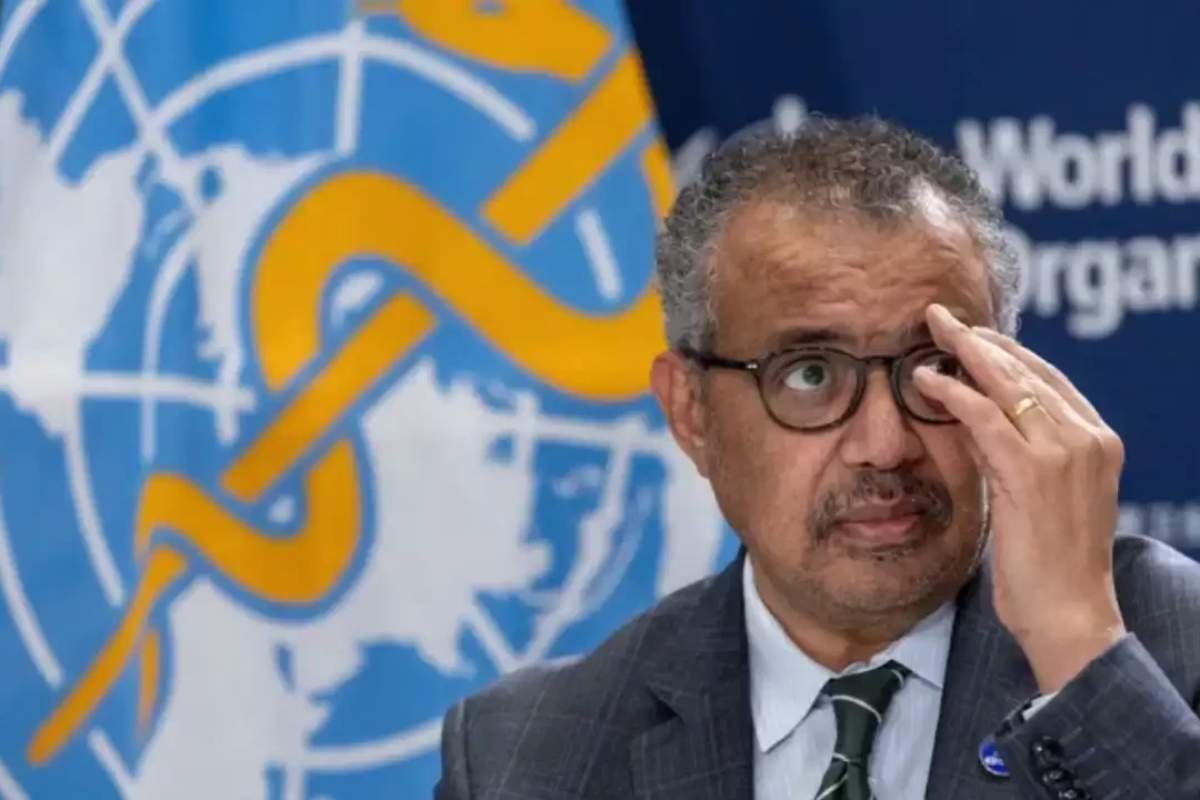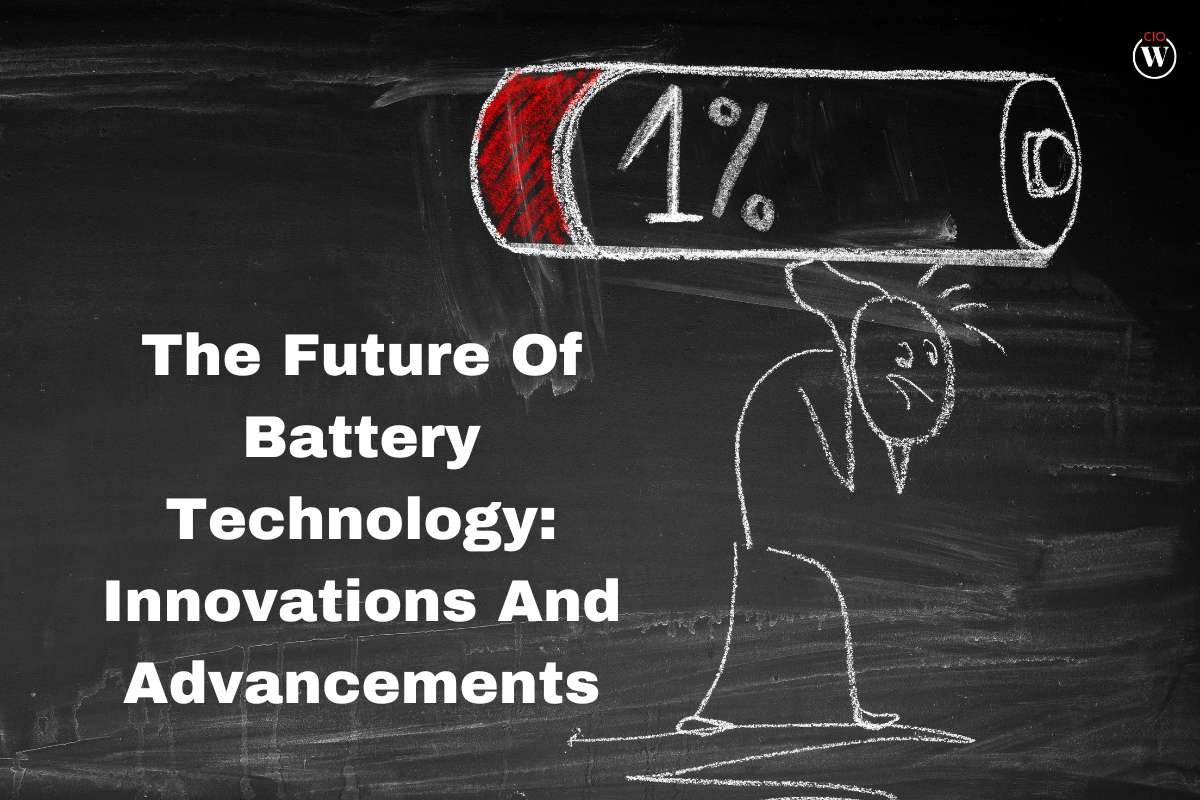WHO Certification Marks Historic Achievement
The World Health Organization (WHO) has officially declared Egypt malaria-free, recognizing the country’s successful efforts to eradicate a disease that has persisted for centuries. This malaria-free certification is a significant public health milestone for Egypt, home to over 100 million people. The WHO Director-General, Dr. Tedros Adhanom Ghebreyesus, praised the achievement, emphasizing its historical importance and the Egyptian government’s commitment to eliminating malaria.
“Malaria is as old as Egyptian civilization itself, but the disease that plagued pharaohs now belongs to its history and not its future,” Dr. Tedros remarked. Egypt becomes the third country in the WHO Eastern Mediterranean Region, following the United Arab Emirates and Morocco, to receive the malaria-free certification. Globally, 44 countries and one territory have been awarded this recognition. The achievement serves as an inspiration to other nations combating malaria.
Ongoing Efforts to Maintain Malaria-Free Status
Despite receiving the malaria elimination certification, Egyptian officials acknowledge that the fight against malaria is not entirely over. Dr. Khaled Abdel Ghaffar, Deputy Prime Minister of Egypt, stated that the country must now focus on maintaining its malaria-free status. Vigilant efforts will include robust surveillance, effective vector management, and rapid responses to imported cases. Dr. Ghaffar emphasized the importance of sustaining the country’s healthcare system and ensuring that malaria does not return.
Egypt’s malaria-free certification from WHO was based on clear evidence that the chain of malaria transmission had been interrupted for at least three consecutive years. The country also demonstrated the ability to prevent the re-establishment of local transmission, a critical requirement for certification.
Egypt’s Long Battle with Malaria
Malaria has been a part of Egypt’s history since ancient times, with genetic evidence of the disease found in the mummified remains of pharaohs, including Tutankhamun. Egypt’s fight against malaria began in earnest during the 1920s with efforts to reduce mosquito-human contact by banning rice cultivation near residential areas. By 1942, however, malaria cases surged due to the disruption of World War II and the invasion of a potent mosquito vector, Anopheles arabiensis. Egypt responded by establishing 16 treatment centers and recruiting thousands of healthcare workers.
The construction of the Aswan Dam in 1969 introduced new challenges by creating breeding grounds for mosquitoes. Collaborative efforts between Egypt and Sudan focused on vector control and surveillance to address the increased malaria risk. By 2001, malaria was well under control, and Egypt worked to prevent the re-establishment of transmission. A small outbreak in 2014 was quickly contained through efficient diagnosis, treatment, and public health measures.
Today, Egypt offers free malaria diagnosis and treatment to its population and has built strong cross-border partnerships, particularly with Sudan, to prevent malaria’s return. This commitment, combined with a robust healthcare infrastructure, has made Egypt’s malaria-free certification possible.









